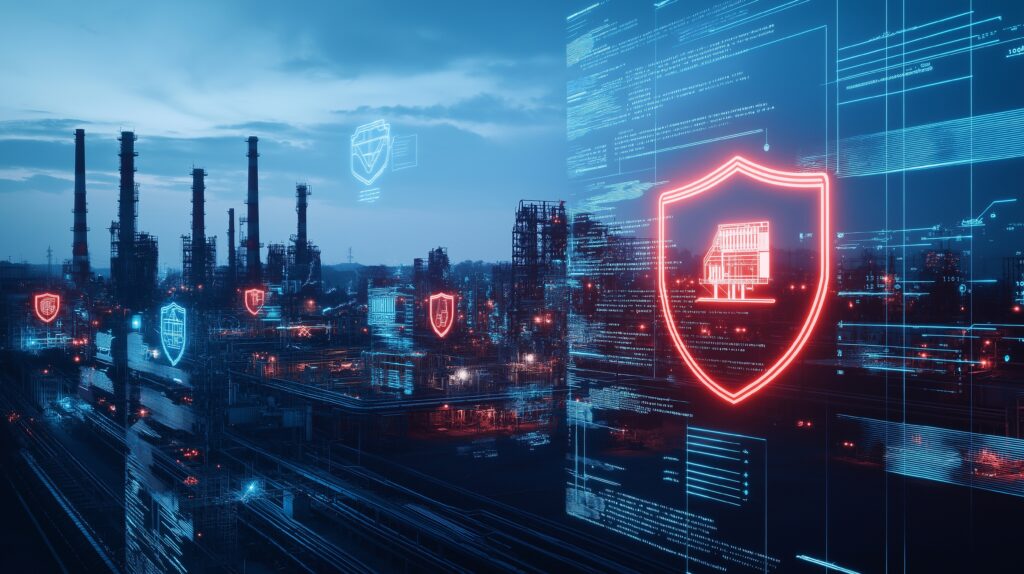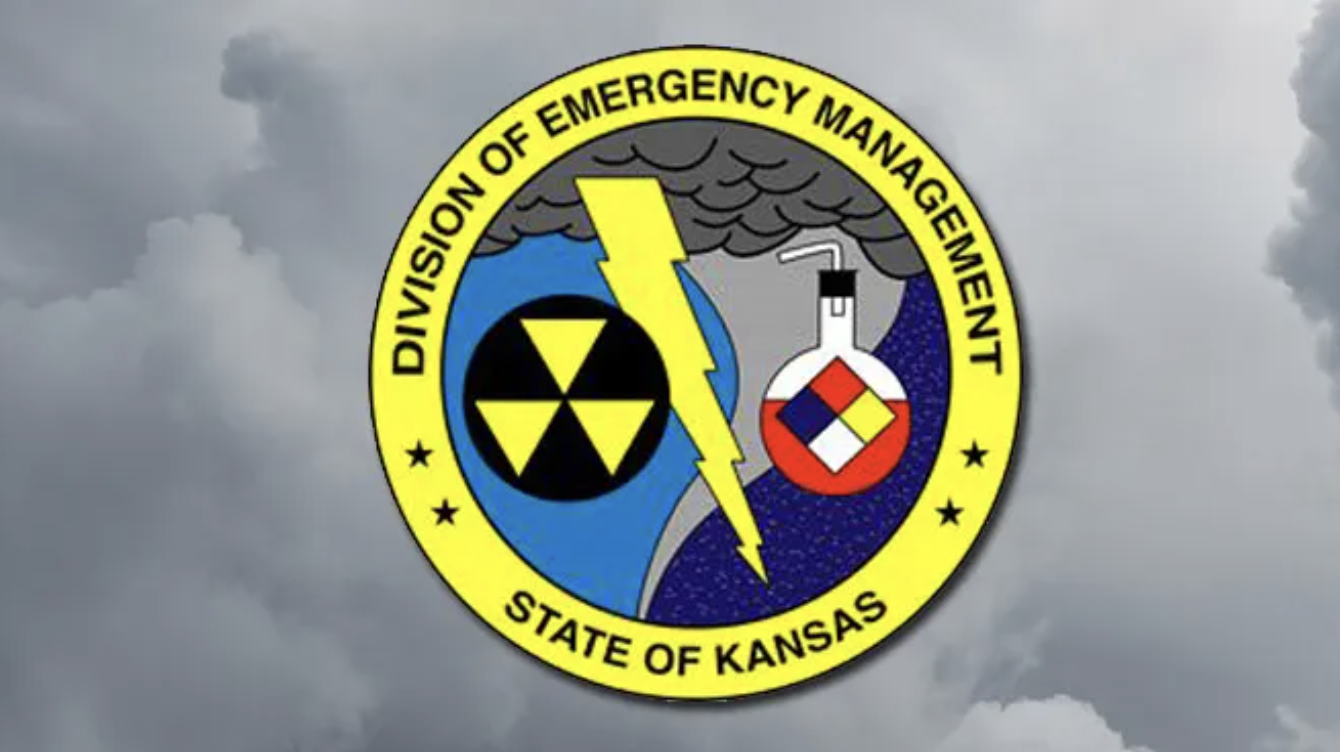In today’s interconnected world, the critical infrastructure that underpins our daily lives is more vulnerable than ever to cyber threats. As industries and governments rely more heavily on digital systems to manage everything from power grids to water treatment plants, the potential impact of a cyber-attack grows exponentially. Recent events have demonstrated the serious consequences of cybersecurity breaches in critical infrastructure, making it imperative for both public and private sectors to prioritize cyber resilience.
The Growing Threat to Critical Infrastructure
Critical infrastructure encompasses the essential systems and services that are vital to the functioning of society. This includes sectors like energy, transportation, water supply, communications, and healthcare. As these industries become increasingly digitized, they also become more exposed to cyber risks. A successful attack on any one of these sectors could disrupt entire economies, compromise public safety, and weaken national security.
The nature of cyber threats has evolved over the years, with attacks becoming more sophisticated, frequent, and damaging. For example, ransomware attacks targeting utility companies have led to temporary shutdowns of operations, while data breaches in healthcare systems have jeopardized patient privacy and the integrity of medical services. The stakes are high, and the need for a proactive, resilient approach to cybersecurity has never been clearer.
Why Cyber Resilience Matters
While cybersecurity traditionally focuses on preventing breaches, cyber resilience takes a broader view. It involves not only defending against attacks but also ensuring that critical systems can continue to function during and after a cyber event. Cyber resilience requires an integrated approach that includes:
- Preparation: Identifying potential threats, vulnerabilities, and impacts specific to each sector of critical infrastructure.
- Detection: Implementing robust monitoring systems that can detect and respond to anomalies in real-time.
- Response: Developing effective incident response strategies to mitigate the impact of an attack and restore normal operations quickly.
- Recovery: Establishing processes to ensure that essential services can continue during a cyber incident, minimizing downtime and maintaining public trust.
Resilience is key because no system can be made completely immune to cyber threats. Even with the most sophisticated security measures in place, attacks can and will happen. What’s important is how quickly and effectively organizations can respond to these incidents, minimize damage, and restore operations.
Building Cyber Resilience in Key Sectors
Different sectors of critical infrastructure face unique challenges when it comes to cyber resilience, but all share a common need for stronger, more adaptive defenses. Here’s a closer look at a few key sectors:
- Energy: The energy sector is highly dependent on digital systems to manage grids, control power plants, and distribute electricity. A cyber attack that compromises the integrity of these systems could lead to widespread power outages, impacting homes, businesses, and even critical services like hospitals. Building cyber resilience in this sector involves strengthening defenses around operational technology (OT) networks and ensuring that backup power systems can kick in when needed.
- Water Supply: Water treatment plants and distribution networks are increasingly using digital technology to monitor water quality and control the flow of water. A cyber attack on a water facility could lead to contamination or disruption of supply, posing serious risks to public health. Cyber resilience in the water sector requires continuous monitoring of systems and implementing redundancy measures to ensure safe water access.
Healthcare: The healthcare sector has seen a dramatic increase in cyber attacks, particularly targeting patient data and operational systems. A breach in this sector not only compromises sensitive information but also disrupts essential services, potentially putting lives at risk. Cyber resilience in healthcare involves safeguarding electronic health records (EHRs) and ensuring the continuity of medical care, even during a cyber event.
Enhancing Cyber Resilience Through Collaboration
No organization or sector can build cyber resilience in isolation. Collaboration between government agencies, private companies, and cybersecurity experts is crucial. Information sharing about emerging threats and vulnerabilities helps to improve defenses across the board, while partnerships with technology providers enable access to the latest tools and strategies.
Public-private partnerships are particularly important in critical infrastructure sectors, where government oversight and private ownership often intersect. Joint efforts to develop standards, share threat intelligence, and invest in cybersecurity training for employees help strengthen resilience at every level.
Juvare’s Role in Supporting Critical Infrastructure Cyber Resilience
At Juvare, we understand the importance of protecting critical infrastructure from the growing threat of cyber attacks. Our solutions are designed to enhance resilience by offering comprehensive incident management and coordination tools that help organizations respond quickly and efficiently during a cyber crisis.
Juvare’s WebEOC platform, widely used by emergency operations centers across the country, supports seamless communication between agencies during incidents, ensuring that response efforts are coordinated and efficient. In the case of a cyber attack on critical infrastructure, this real-time coordination is essential to restoring services and maintaining public safety.
For organizations managing key infrastructure, Juvare’s Crisis Track product assists in assessing damage and planning recovery efforts, whether it’s responding to a natural disaster or recovering from a cyber attack. By enabling streamlined data collection and reporting, Crisis Track ensures that organizations can recover more quickly and maintain operational continuity.
As the threat landscape continues to evolve, Juvare remains committed to supporting the cybersecurity needs of critical infrastructure sectors. With our suite of tools, we help organizations strengthen their resilience, ensuring that they are prepared to face whatever challenges come their way.




















